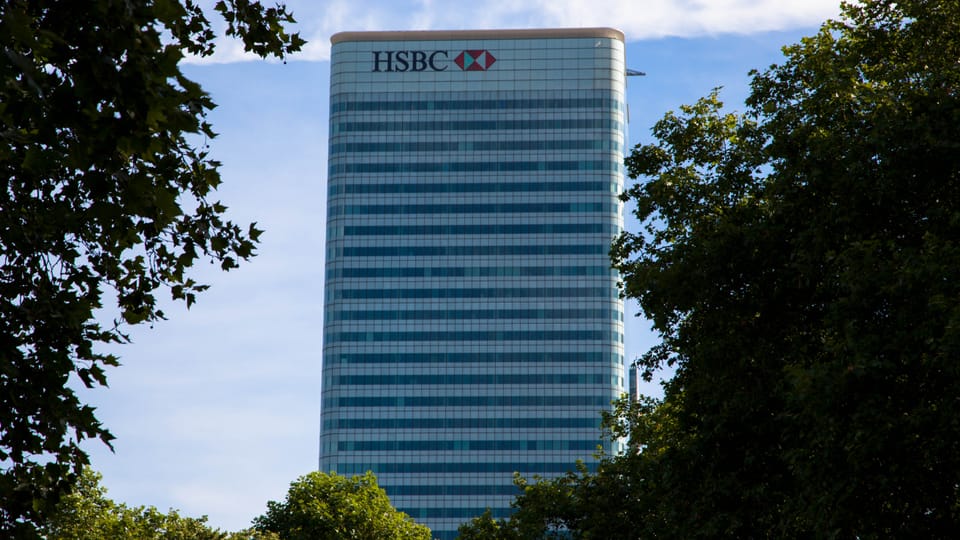HSBC puts focus on sustainability execution after board criticism

HSBC is shaking up its sustainability governance to focus on execution after critical feedback from its board of directors – and has created a new Sustainability Execution Committee tasked with overseeing the delivery of the bank’s climate targets, CSO Futures can reveal.
The multinational bank, which manages over US$662 billion for clients globally, published its first net zero transition plan in January, laying out in 100 pages how it plans to provide US$750 billion to US$1 trillion in sustainable finance and investment by 2030 and become a net zero bank by 2050, including financed emissions.
Its board told HSBC’s Group Executive Committee that it needs to “better define core areas of the group’s sustainability execution programme, including accountability, governance, capability, investment in infrastructure and data” as it looks to meet these ambitious targets.
(Sustainability experts believe dedicated committees can be powerful in carving out time and energy for relevant conversations and exploration. By focusing this committee around execution, HSBC is signalling a move from strategy and planning to action and delivery as 2030 targets loom closer. The details of its creation were revealed in an annual report.)
Now available on demand: CSO Futures webinar on sustainability governance best practices
This is one of several recent initiatives taken by the bank to further integrate sustainability into core business operations. After publishing its first net zero transition plan in January 2024, HSBC also disclosed emissions from capital market transactions (including debt and equity capital markets and syndicated loans) in the oil and gas and power and utilities sectors for the first time this year.
Using the methodology developed by the Partnership for Carbon Accounting Financials (PCAF), which give a 33% weighting to these “facilitated emissions”, HSBC calculated that its capital market emissions totalled 17.5 million tonnes of CO2e in 2021 and 14.4 million tonnes in 2022 for the oil and gas sector, and 398.3 tonnes of CO2 equivalent per gigawatt hour (GWh) for 2021 and 377.6 tCO2e/GWh in 2022 for the power and utilities sector.
The bank also included facilitated emissions for the first time in its updated reduction targets for these sectors, aiming for a 34% reduction in combined on-balance sheet financed and facilitated emissions from the oil and gas sector and a carbon intensity of 138 tCO2/GWh for the power sector by 2030.
According to the Banking on Climate Chaos report, HSBC cut direct financing to fossil fuels by more than half between 2019 and 2022, from US$27 billion to just over US$11 billion. In December 2022, it announced that it would stop financing new oil and gas fields, but was subsequently criticised for increasing its capital market activity in the sector.
HSBC sustainability progress
In addition to the new capital market emissions targets, HSBC says in the report that it has added sustainability criteria to its mergers and acquisitions process, including “potential climate and sustainability-related targets, net zero transition plans and climate strategy”.
As of 2023, the bank has reduced absolute greenhouse gas emissions in Scopes 1 and 2 as well as Scope 3 business travel by 57.3%, and increased renewable electricity used across its operations to 58.4%.
HSBC is one of the first financial institutions to publish capital market emissions targets and to formally strengthen governance around the execution of its sustainability strategy. In contrast, BNP Paribas has a Corporate Governance, Ethics, Nominations and CSR Committee in charge of “monitoring CSR issues”, while at Citigroup, ESG themes are split between the Nomination, Governance and Public Affairs Committee and the Audit Committee.







Member discussion